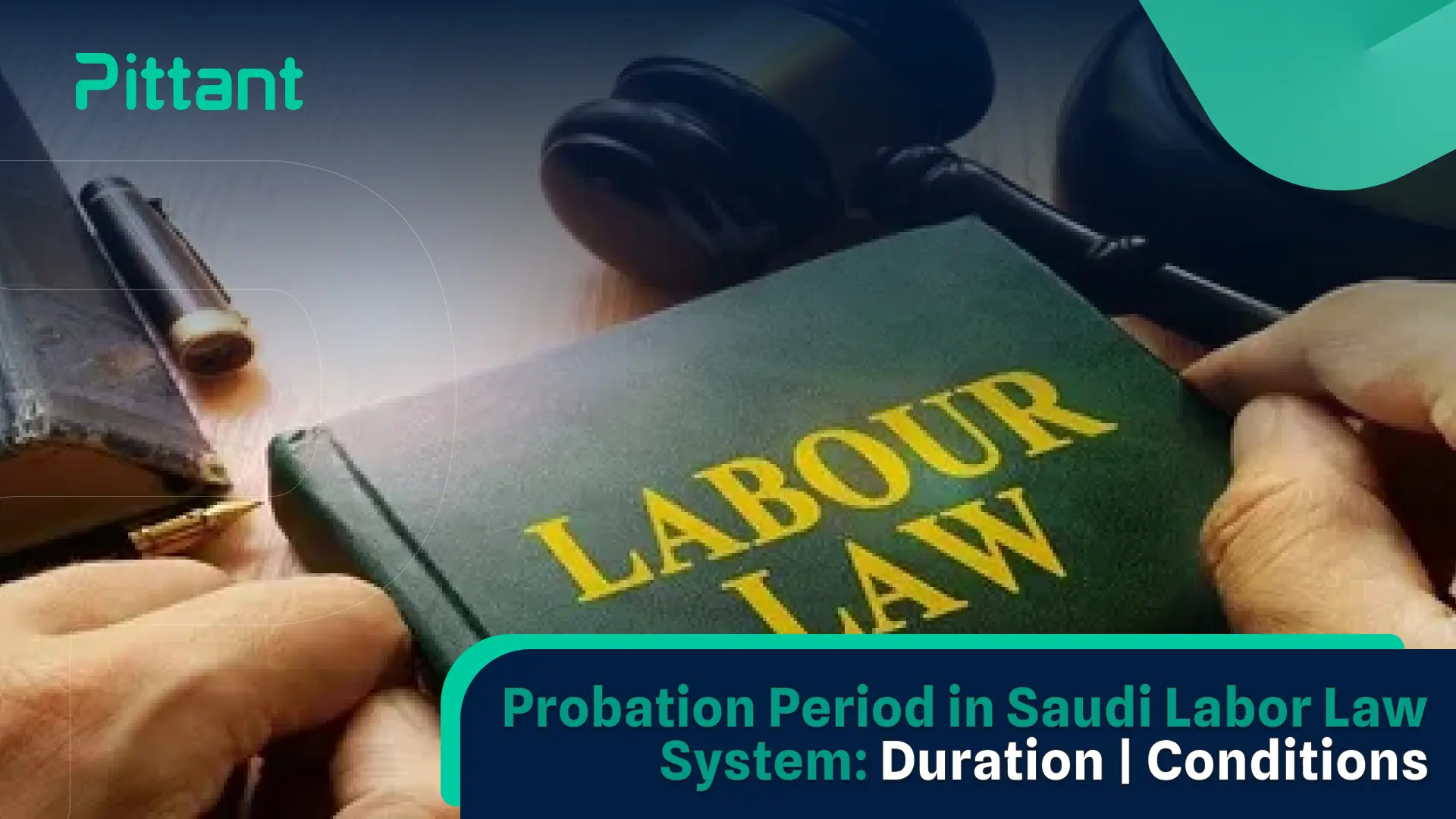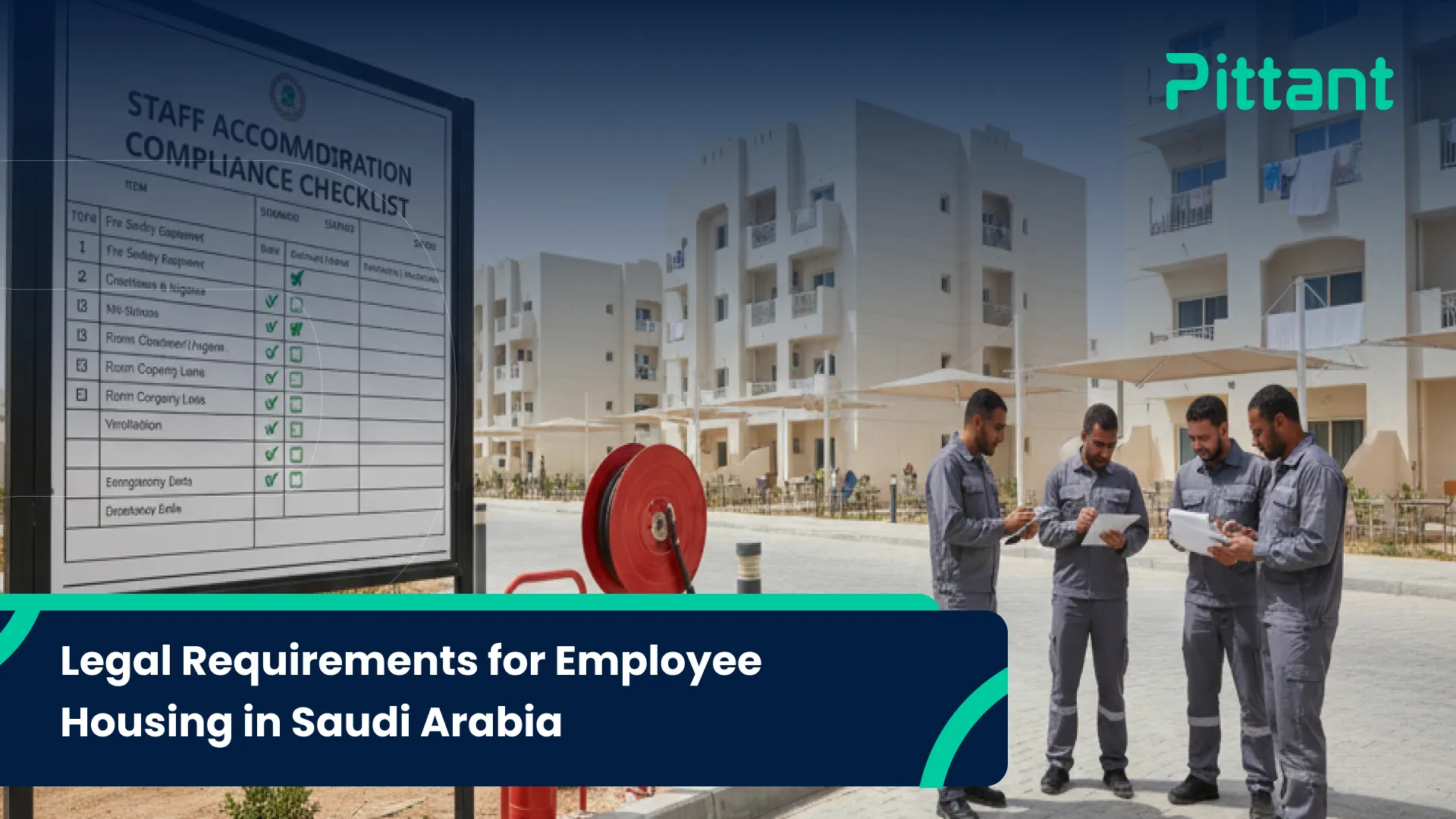Is the trial period in the interest of the employer or in the interest of the employee? A dispute with an unresolved outcome, but the law was keen to establish a framework that guarantees the rights of both parties (the employee and the establishment), so that this temporary period provides decision-makers with sufficient information to make a rational decision after its completion. In this article, we answer the most important questions surrounding the probation period in Saudi Labor Law.
What Is The Trial Period?
The trial period is the period during which the employee is practically prepared to practice the duties of the new job he has occupied. This preparation takes place in a gradual manner, so that at the end of the trial period the facility can ascertain the extent of his suitability to perform the work duties before he works steadily and continuously according to a permanent contract. The system stipulates Saudi Arabia stipulates that the trial period is 90 days.
The trial period in the Saudi labor system aims not only to help the facility, but also to help the employee estimate the suitability of the new job to his abilities before the employment contract turns into a permanent contract. On the one hand, it trains him practically to perform the tasks of the job for which he is nominated, makes him understand the true level of his abilities and inclinations related to the work, and consolidates in him the concepts of the job. It also enables him to form a sure impression of important aspects, such as the values of the facility, managers, department colleagues and the work atmosphere, so that his desire to continue is strengthened or he decides to leave without any penalties or precautions.
As for the facility, the trial period helps it verify the employee’s suitability to fill the specific position and ensure that he integrates into the work environment smoothly and is worthy of obtaining more powers. Thus, the facility can make a rational decision to appoint him officially or to dispense with him due to his unsuitability for the job.
Employee Rights During Probation Period in Saudi Labor Law
The probationary employment contract is a consensual contract that is binding on both sides and experimental at the same time. It includes provisions that guarantee the employee certain rights during this temporary period, the most important of which is obtaining salary. The value of the trial period salary may differ from the permanent contract salary, but in all cases, the employee is entitled to receive a sum of money as the trial period salary that he receives for the hours he works in the facility.
The salary for the trial period is agreed upon between the employee and the employer, and is clearly stipulated in the trial period contract so that it is agreed upon by both parties. The contract should also indicate the amount of salary increase – if any – that the employee will receive if he continues in the job after the end of the period. Experimental and signing a permanent employment contract.
The Saudi Labor Law framed the controls governing the probation period in the public and private sectors, stipulating that its duration should not exceed ninety days in the terms of the agreement contract. It should also explicitly stipulate in the contract whether or not to undergo a probation period. Also, calculating the probation period in the Saudi labor system does not include official and sick leave . The legislator investigated these controls in order to ensure transparency and accuracy in the relationship between the two sides of the equation and to reduce the chances of conflict and the outbreak of disputes.
Also, the Saudi Labor Law did not impose the necessity of stipulating a penalty clause in the probationary period contract. Rather, it left the two parties – the employer and the employee – the freedom to agree on a penalty clause or not. However, in the event of an agreement on a penalty clause, it required it to be stipulated in the contract concluded between them.
Is It Possible To Terminate The Contract During The Trial Period?
As we mentioned previously, the trial period does not mean that the employee must continue working in the facility and become a permanent employee. Rather, things may go in another direction and one or both parties decide not to continue, and thus terminate the contract during the trial period. Therefore, the labor system granted this right to both parties in accordance with these controls:
- Employer: The employer has the right to take the decision to dismiss the employee if he finds that he is not suitable for the job tasks. In this case, the establishment does not have to pay any benefits for the trial period, such as compensation, end-of-service bonus, or other job benefits granted to the permanent employee, in accordance with the text Article 80 of the Labor Law.
- Employee: The employee has the right to submit a request to resign from work during the probation period, if he feels that he does not want to continue or finds that it is not compatible with his abilities and ambition.
How Is The Trial Period Extended?
The probation period in the Saudi Labor Law ends with the expiration of the prescribed period of 90 days if completed, or with the worker’s dismissal by the establishment and the contract being terminated or the worker submitting his resignation. However, the law also stipulates in Article 53 of the Labor Law that the probation period can be extended for an additional period on condition The total duration of the trial period shall not exceed 180 days.
The following is the text of Article 54, which deals with the extension period in the faction:
“If the two parties agree to extend the trial period, this must be after the start of the implementation of the employment contract, and during the validity of the trial period; The extension may be for one time, or for multiple times. Provided that this is done by independent written agreement each time, and in all cases the original trial period must not exceed a period, or extension periods, of more than one hundred and eighty days.”
However, if the probationary period reaches the maximum of 180 days, the worker may not be placed on probation again, except with the following exceptions:
- Being in another profession.
- A period of no less than 6 months has passed since the end of the employee’s relationship with the employer.
In these exceptional cases, both parties to the contract must agree in writing on the extension.
How Do You Evaluate The Employee During The Trial Period?
A report is often prepared about the new employee shortly before the end of the probation period, which includes the following data:
- Basic information about the employee and job.
- An appropriate score for each element of the evaluation, such as overall performance, attendance at work, productivity, quality of work, adaptation and communication.
- Determine the total score and then the final rating that the employee obtained from the evaluation.
- Take notes and recommendations to develop the employee’s capabilities if he needs to.
The preparation of the report is based on a number of sources, including:
- Employee profile.
- Record your line manager’s observations.
- Employee monthly achievement report.
- Attendance and departure record.
Conclusion
At the conclusion of our talk about the trial period in the Saudi labor system, it should be noted that it is indispensable for any facility to work within the provisions of the labor system in order to preserve its reputation and avoid falling under the penalty of penalties. Use Pittant – the integrated platform for human resources management – that ensures compliance with the work system in addition to the ease of preparing employee evaluations and automating routine human resources tasks and completing them in the shortest time and with the least effort.



